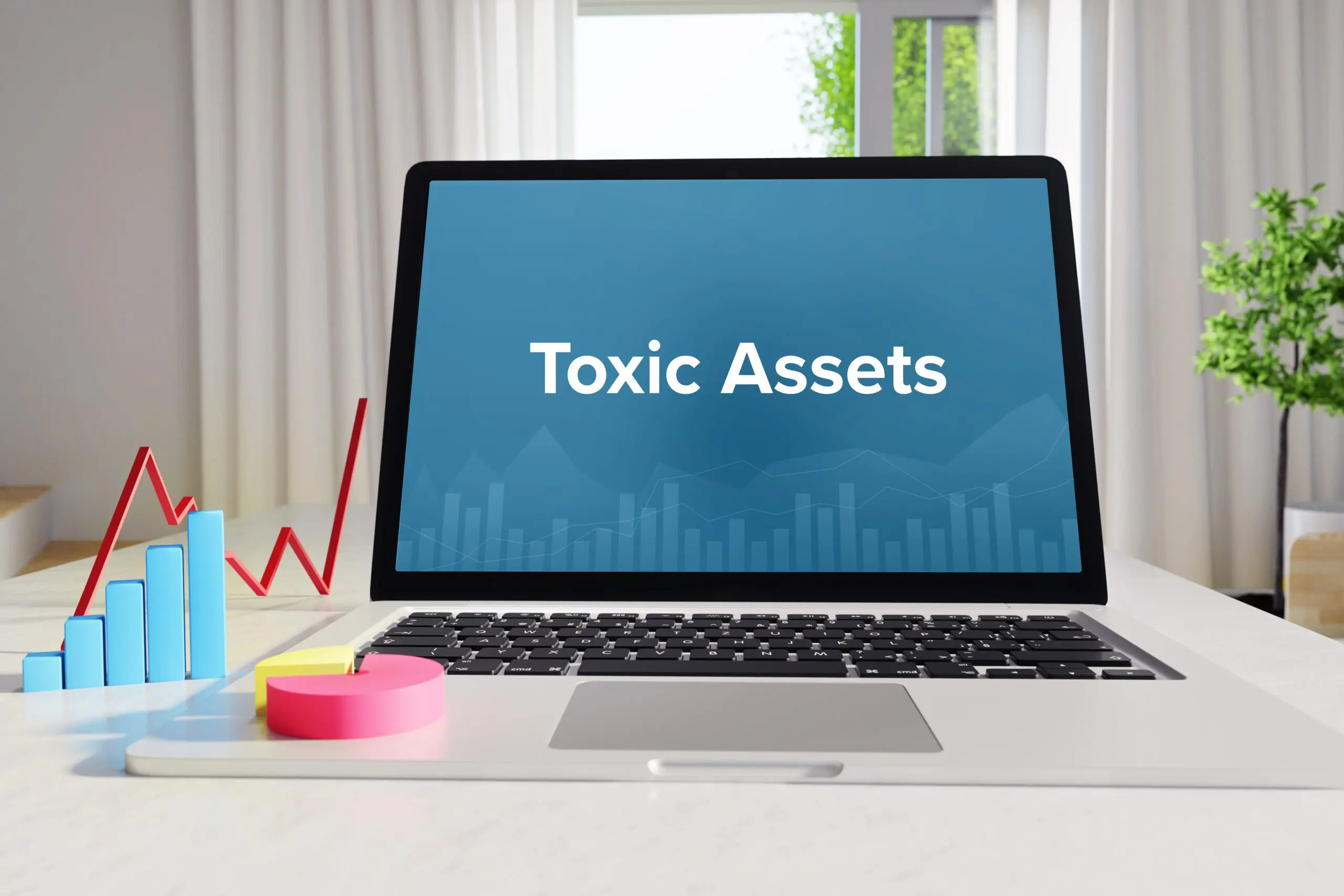Navigating Worthless Assets in Your Self-Directed IRA: A Guide to Smart Decision-Making
Investing through a self-directed IRA can be a path to financial growth, but it’s not without its risks. Sometimes, the investments made can turn out to be less fruitful than expected, even worthless. So, what should you do if you find yourself in this situation?
Understanding the Process
Firstly, it’s important to recognize that simply notifying your custodian about a worthless asset isn’t enough. The IRS requires concrete proof that the asset has lost its value. Remember, your IRA custodian isn’t responsible for determining the value of your assets.
A Real-Life Scenario
Consider the case of an investor, let’s call him Fred. Fred had an asset in his IRA that turned sour. His custodian advised him to close the account by distributing the asset, but this didn’t solve his problem.
The Importance of Fair Market Valuation
The IRS rules stipulate that all assets must have a fair market valuation during taxable events. For assets like real estate, an appraisal might suffice. However, it’s crucial that this valuation is conducted by an independent valuator. For instance, using your personal CPA for this task may not be considered sufficiently independent. The valuation report should be detailed, including supporting documents and calculations.
Fred’s Dilemma and Its Lessons
Fred was hesitant to pay a $500 valuation fee, which led to a complicated situation. Without a proper valuation, the IRS determined taxes based on the last known value of the asset. When Fred tried to correct this with the IRS, he was stuck in a loop. The IRS needed proof that the asset was worthless at the time of distribution, something Fred couldn’t provide without a professional valuation.
The Cost of Managing a Self-Directed IRA
This scenario highlights an often-overlooked aspect of managing a self-directed IRA: the necessity of proper asset valuation. Being proactive about valuation can save a lot of headaches and financial strain in the long run.
Final Thoughts
When dealing with a taxable event in your IRA, like a Roth conversion or a withdrawal, proof of asset value is crucial. A reliable valuator is an essential ally for anyone managing a self-directed IRA. Understanding these processes and being prepared can help you navigate through the complexities of investment decisions and IRS requirements efficiently and effectively. Remember, being informed and taking timely action can make a significant difference in managing your retirement investments. Would you like our list of valuators? Reach out to us at info@uDirectIRA.com.

